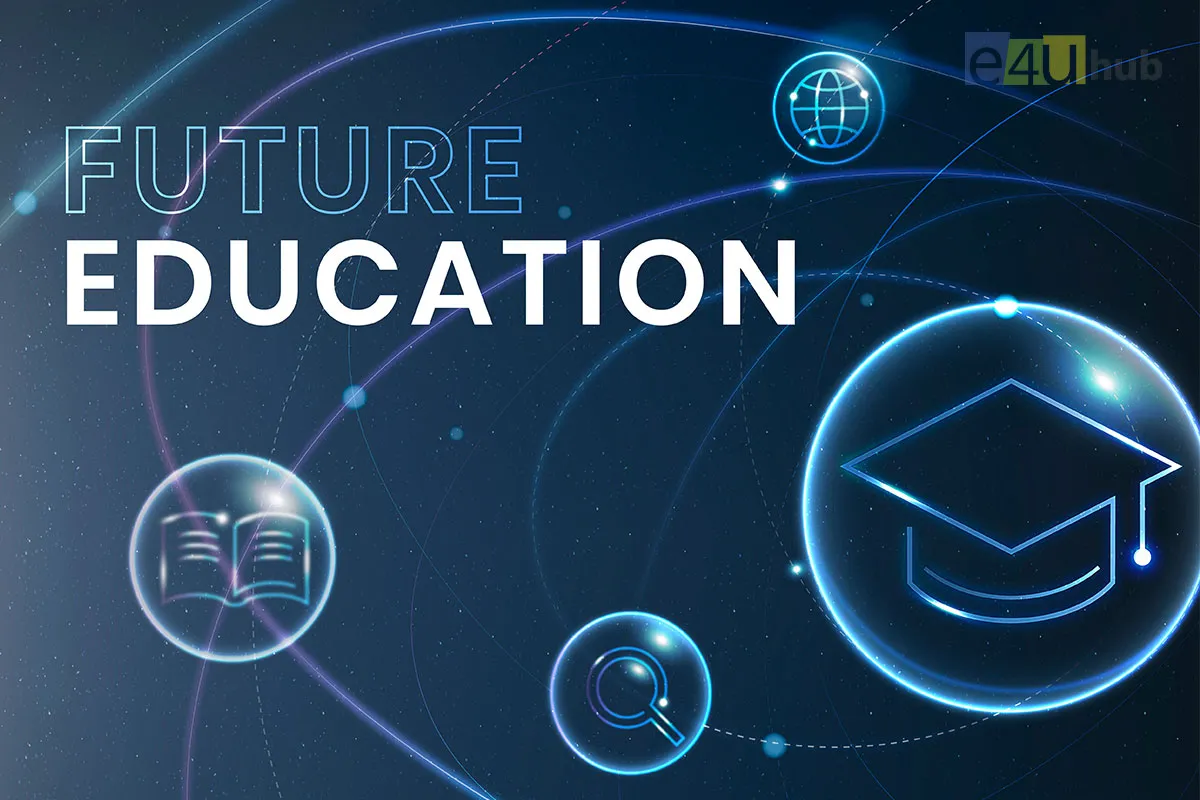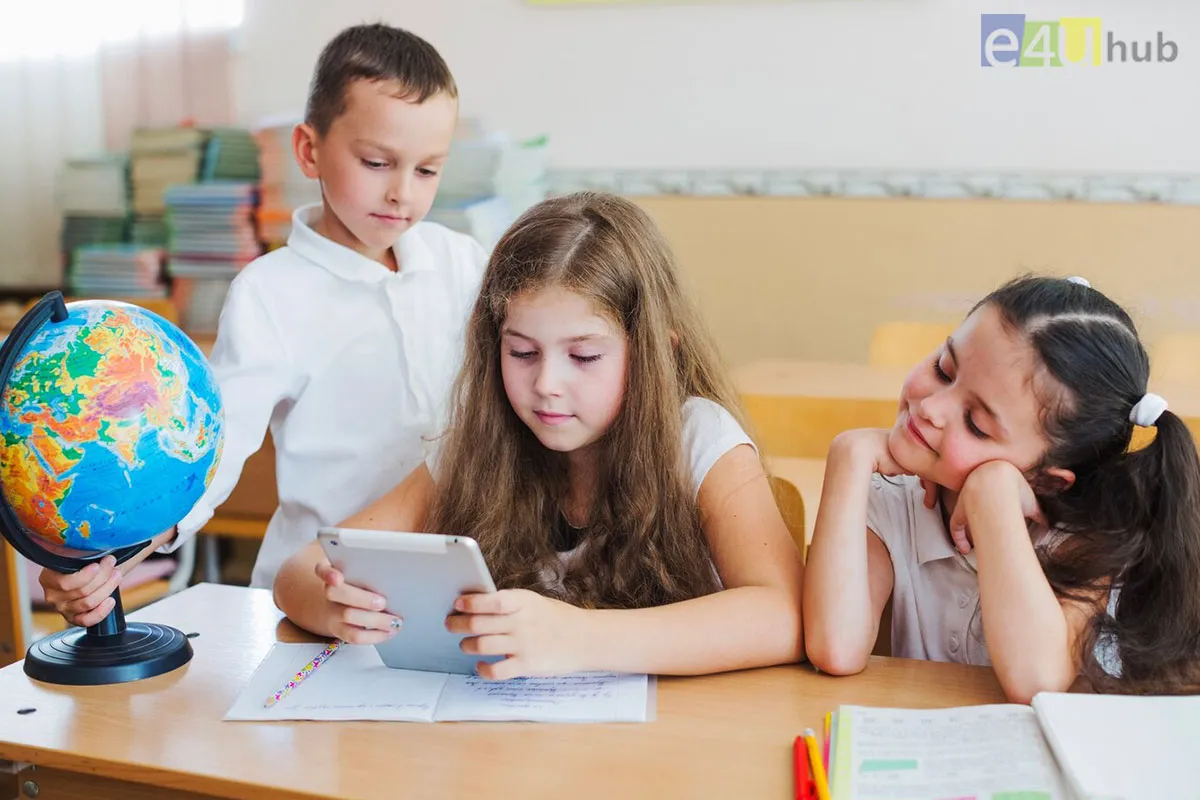
The Future of Learning: Education Trends to Watch
- 21 Sep, 2023
- Education
- 668 Views
- 0 Comments
The world of education is in a constant state of evolution, and the 21st century has brought about significant changes in the way we learn. With advancements in technology, shifting societal needs, and a growing understanding of how students learn best, education is poised for a transformation. In this blog, we'll explore some of the most exciting education trends that are shaping the future of learning.
1. Personalized Learning:
One of the most promising trends in education is personalized learning. This approach recognizes that each student is unique and learns at their own pace. Adaptive learning technologies and data analytics are helping educators tailor learning experiences to individual needs, allowing students to progress at their own speed and focus on areas where they need the most help.
2. Online and Blended Learning:
The COVID-19 pandemic accelerated the adoption of online learning, and it's here to stay. Blended learning models, which combine traditional classroom instruction with online resources, are becoming increasingly popular. This trend is making education more accessible, flexible, and adaptable to diverse learning styles.
3. Artificial Intelligence (AI) in Education:
AI is revolutionizing education by providing personalized recommendations, automating administrative tasks, and even assessing student performance. AI-powered chatbots and virtual tutors are enhancing student support services and helping learners get quick answers to their questions.
4. Project-Based Learning:
Project-based learning encourages students to apply their knowledge and skills to real-world problems. This hands-on approach fosters critical thinking, problem-solving, and collaboration, preparing students for the challenges of the future workforce.
5. Global and Cultural Awareness:
In our interconnected world, it's crucial for students to develop global awareness and cultural competence. Schools are incorporating international perspectives and encouraging students to engage in cross-cultural experiences.















Leave a Reply